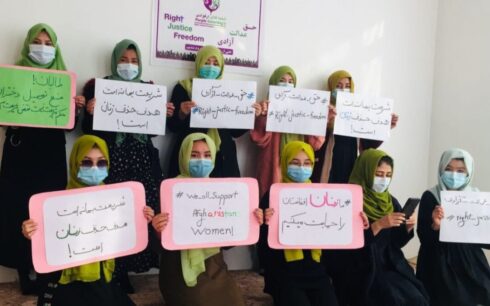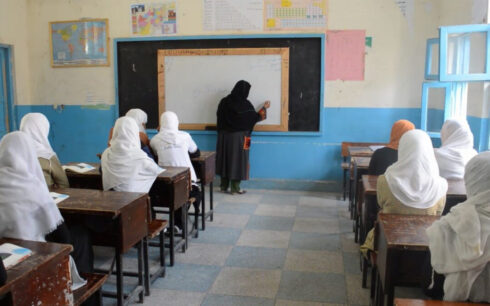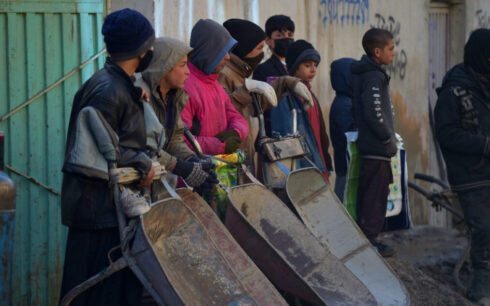A number of women journalists in Western Farah province, who were forced to leave their jobs after the Taliban takeover, have raised concerns over the prohibition of women working in media outlets in the province.
Frozan Abu Bakr, an Afghan female journalist, called on the Taliban to allow women to keep working at media outlets.
“The government should treat all female journalists equally, whether in large cities or in small provinces. Because the presence of women is valuable in society and without the presence of this group [women] in all sectors, development and progress cannot be achieved,” she said.
She also raised her voice about the implementation of a double standard by the Taliban, stating female journalists are allowed to work in Kabul and some other provinces.
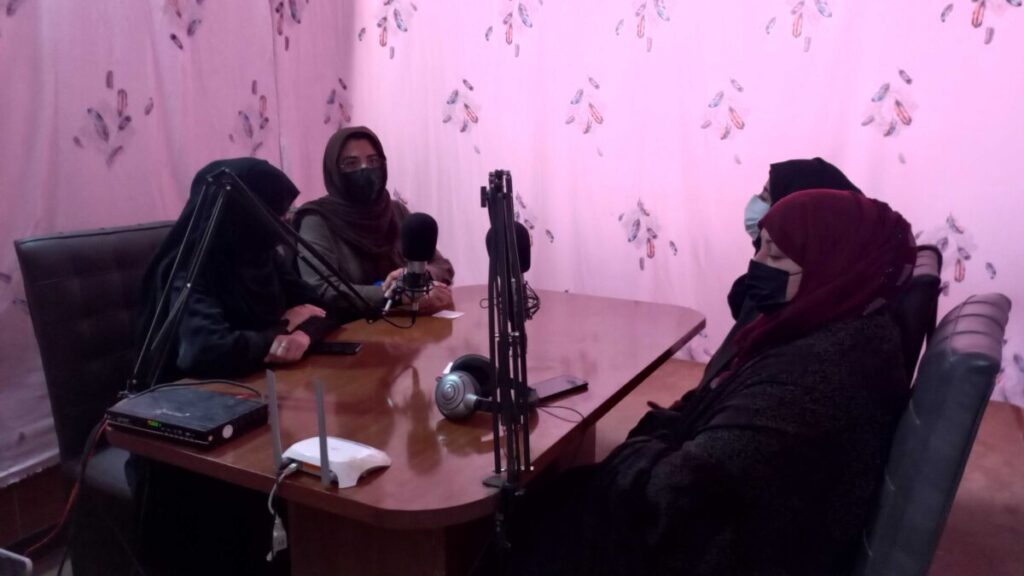
“Women in [Farah] and other provinces that are barred from working as journalists should be allowed to keep working,” she said.
Radio Nawai Zan was a women’s run media outlet
Hamira Mohammadi, manager of Nawai Zan Radio in Farah province, says that the Taliban has stopped women from working at the radio station – which was entirely run by women.
“This is a pity that women are not allowed to work as reporters. We started this radio for women. A number of women used to work here, but now they are not allowed to,” Mohammadi said.
She urged the Taliban to let women return to their media jobs in the province as this would help them cover their families’ expenses.
Radio Nawai Zan was established in 2020 in Farah province. As many as 12 women used to work for the media outlet. However, only two female staff still work in the technical part of the media.
A number of women activists in Farah say that the presence of women in all sectors, including media work, civil, legal, and judicial activities, civil services, health, education, and military activities is crucial.
Marzia Noorzai, a women activist, said: “But in the media sector, the presence of women is more necessary because they can express the solution to women’s problems.”
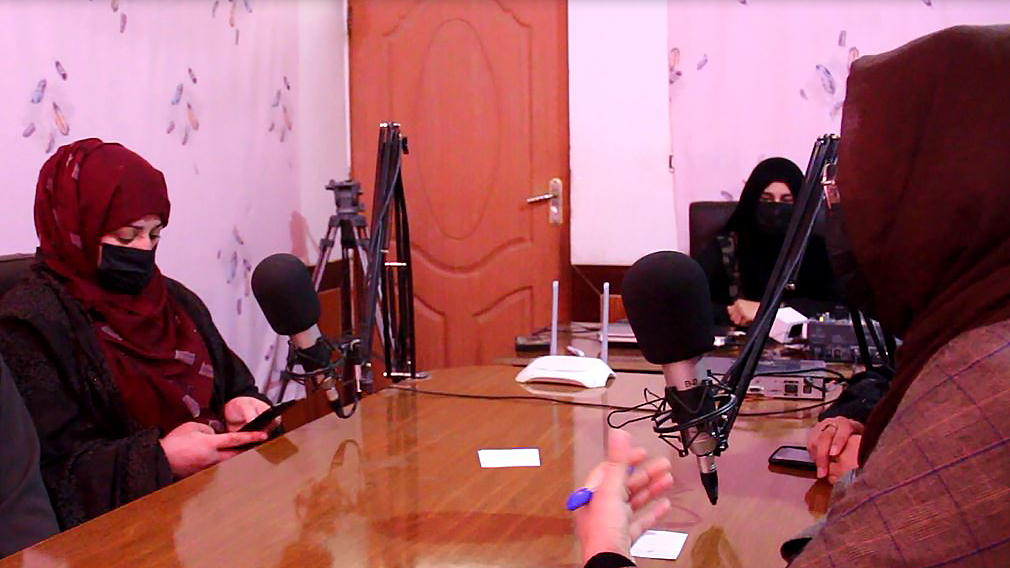
Abdul Hai Sabawon, head of information and culture of the Taliban in Farah province, denied claims of women not being allowed to work in the sector, stating that the Taliban have not imposed any restrictions on Afghan media outlets.
“Protection of journalists and ensuring their safety is a necessary thing for the Islamic Emirate [Taliban]. Moreover, there are no restrictions on the media and journalists, indeed they [journalists] have been supported [by the Taliban].”
This comes as 30 women used to work in media outlets in Farah province before the fall of the Republic and most of them had been financially supporting their families.
A number of media outlet officials in Farah stated that economic hardship has forced them to let a number of staff go and that a number of media outlets are on the verge of closure due to economic problems.



